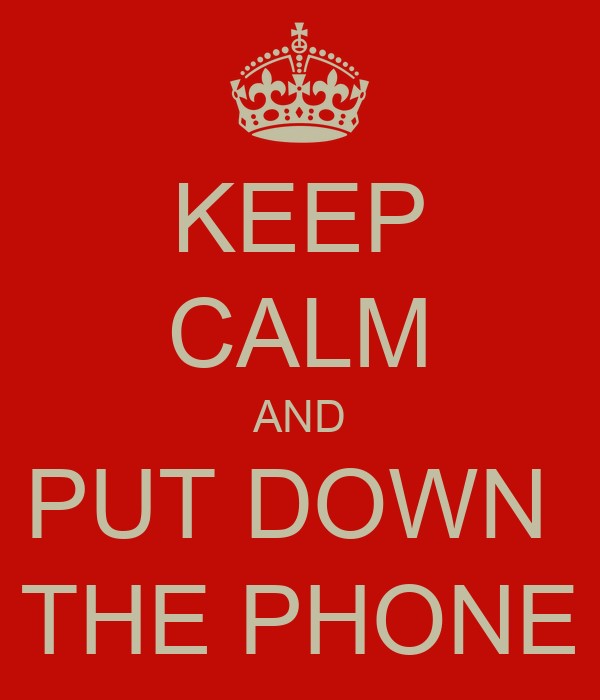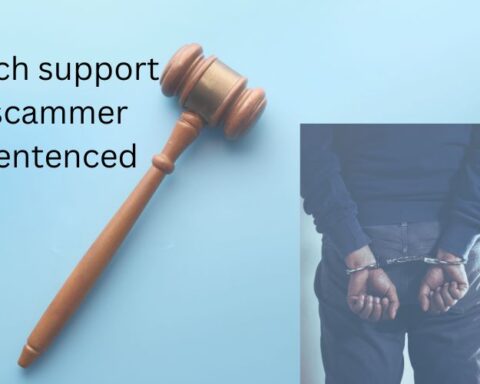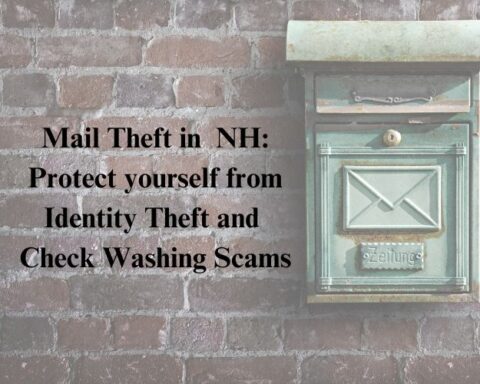original post:Scammers Use Fake Emergencies to Steal Your Money | Consumer Advice (ftc.gov)
Someone calls or contacts you saying they’re a family member or close friend. They say they need money to get out of trouble. But check that there’s an emergency first because it could be a scammer calling.
Over the past few weeks, numerous reports of the “Grandparent Scam” (also called the “emergency scam”) have been reported statewide in New Hampshire. At least one of these scam attempts was successful in robbing a local citizen of a substantial amount of money. The following information is shared from the FTC, regarding this scam:
How the Scam Works
The scammer may already know a lot about you or the person they’re pretending to be. They may know your name, where you live, and other information they could have found on social media sites or by hacking a family member’s email. And sometimes they simply guess. But they always say you have to pay right away by wiring money, sending a money order, or paying with gift cards, reloadable cards, or cryptocurrency. Here are other tactics scammers use in fake emergency scams:
- The scammers usually involve an “authorityfigure,” like a fake lawyer, police officer, or doctor. They think it makes them sound more convincing, and it scares you.
- The scammers say it’s urgent and that you’re the only one who can help.
- They tell you it’s important to keep it secret. They tell you that because they don’t want you talking to other family members and friends and realizing it’s a scam.
Scammers play with your emotions. They’re counting on you to act quickly to help your family or friends. And they’re counting on you to pay without stopping to check out whether there’s really an emergency. If you get a call like this, you can be sure this is a scam.

What To Do If You Get a Call About a Family Emergency
If someone calls or sends a message claiming to be a family member or a friend desperate for money, here’s what to do:
- Resist the pressure to send money immediately. Hang up.
Then:
- Call or message the family member or friend who (supposedly) contacted you. Call them at a phone number that you know is right, not the one someone just used to contact you. Check if they’re really in trouble.
- Call someone else in your family or circle of friends, even if the caller said to keep it a secret. Do that especially if you can’t reach the friend or family member who’s supposed to be in trouble. A trusted person can help you figure out whether the story is true.
If You Sent Money to a Scammer
Scammers often ask you to pay in ways that make it tough to get your money back. No matter how you paid a scammer, the sooner you act, the better. Learn more about how to get your money back.
Report Fraud
If you spot a scam, report it to the FTC at ReportFraud.ftc.gov and to your state attorney general, or if you are in New Hampshire, the NH Department of Justice.








